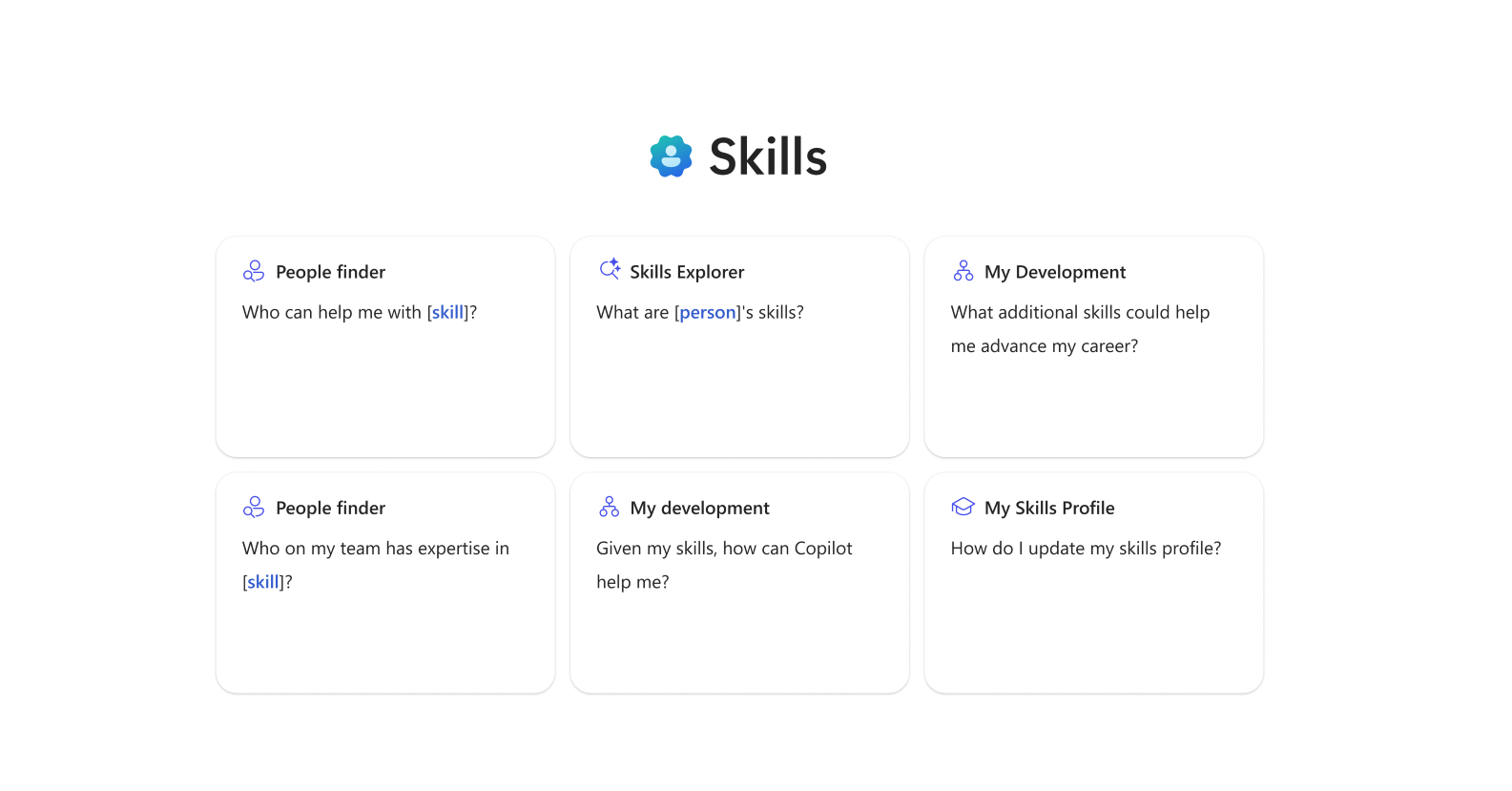
— A New Era of Skills-Based Talent Strategy Powered by AI
In a move that may redefine the landscape of enterprise HR technology, Microsoft has officially launched People Skills, a powerful new data layer within Microsoft 365 Copilot and Viva, with the Skills Agent feature following in June 2025. Announced through multiple channels, including Microsoft's official blog and analysis from HR thought leader Josh Bersin, the release positions Microsoft as a serious contender in the global HR tech arena — not just as a productivity suite provider, but as a skills intelligence platform for the modern organization.
The Context: Why Skills Matter Now
Over the past five years, organizations have grappled with profound changes in how they define, develop, and deploy talent. Skills, not roles, have become the new unit of work. With workforce agility becoming a key competitive differentiator, enterprises are racing to map employee capabilities in real-time and match them to dynamic business needs.
This is where Microsoft steps in — leveraging its massive workplace ecosystem (including LinkedIn, Microsoft Graph, and Microsoft 365 usage data) to offer a native, AI-powered way for companies to understand who can do what, where skill gaps exist, and how to redeploy talent effectively.
“This is a massive move,” writes Josh Bersin in his in-depth analysis. “Microsoft has entered the skills tech market with what may become the biggest, most intelligent system in the industry.”
What Is “People Skills”?
At its core, People Skills is a skills inference engine built into Microsoft 365 Copilot and Viva. It uses AI to analyze signals from user profiles, email interactions, meeting transcripts, documents, and other Microsoft 365 activities to automatically generate a skills profile for every employee.
Key capabilities include:
✅ AI-powered skill inference from real-time work data
✅ Integration with LinkedIn’s global skills taxonomy
✅ Customization of taxonomies for each organization
✅ Contextual skills display within Copilot Chat, Outlook, Teams, and Viva
✅ Enterprise-wide visibility of workforce capabilities
For example, if an employee frequently writes proposals, conducts customer meetings, and shares performance metrics, the system may infer skills like “strategic thinking,” “customer success,” and “data storytelling.”
What makes this approach revolutionary is its passive intelligence model — employees are not required to self-report their skills. The system observes and learns, enabling dynamic skill discovery with minimal manual input.
Introducing the Skills Agent
While People Skills provides the data, the Skills Agent, launching in June 2025, adds a powerful layer of actionability.
The Skills Agent is an AI assistant that helps:
? Managers form dynamic teams based on real-time skill availability
? Employees explore adjacent skills and career paths
? L&D leaders prioritize development based on actual gaps
This is no ordinary chatbot. Built with advanced reasoning models and access to Microsoft Graph, the Skills Agent can respond to prompts like:
“Who on my team has experience in Python and project management?”
“Which skills should I develop to qualify for the data analyst role?”
“What are the most common skills for product marketers across the company?”
Microsoft also announced that Skills Agent will live inside Copilot Chat and Viva, making it part of employees’ daily workflow.
How It All Works Together
These capabilities don’t exist in isolation. People Skills and Skills Agent are integrated with:
Microsoft 365 Copilot (Word, Excel, Teams, Outlook)
Microsoft Viva (for employee experience, learning, and goals)
Microsoft Graph (aggregating employee data securely)
LinkedIn Learning and Talent Insights
This positions Microsoft to deliver what Bersin calls an “end-to-end talent intelligence system”, with skill data seamlessly flowing between work tools, HR systems, and leadership dashboards.
Strategic Implications for HR
The launch of People Skills and Skills Agent could have significant implications for HR leaders and talent strategists:
Organizations can move beyond outdated, static job descriptions to living skill maps that reflect what people actually do. This enables more dynamic internal mobility, personalized career paths, and better role design.
Managers and HR no longer need to rely on subjective performance reviews to understand who has potential. Skills become discoverable, verifiable, and actionable at scale.
With Copilot’s integration into productivity tools, HR can layer skills data into succession planning, workforce reshaping, and learning needs analysis — in real time.
Skills Agent can recommend LinkedIn Learning content or internal courses, closing skill gaps before they affect performance.
Josh Bersin’s Verdict: “A New Category of HR Tech Is Here”
Bersin highlights that Microsoft’s entry into the skills market is different from vendors like Workday, SAP, or Eightfold, because it’s rooted in workflow, not HR software. Instead of asking employees to go into an HR system to update skills, Microsoft lets employees work as usual — and lets AI do the rest.
“They are turning Microsoft 365 into a Skills Intelligence System,” Bersin writes. “It’s embedded into daily work. That’s the magic.”
A Competitive Challenge to Incumbents?
Microsoft’s broad reach and integration capabilities mean that traditional HR tech vendors may face pressure to interoperate with or compete against a platform that lives in the flow of work.
Moreover, Microsoft’s AI infrastructure (GPT-4o integration, custom Copilots, adaptive memory) gives it an edge in reasoning and personalization, two critical areas for skills-based strategy.
Final Thoughts: What HR Should Do Now
If you're a CHRO, HRIS leader, or L&D executive, here’s how to prepare for this shift:
Assess your current skills data: Is it manually collected? Fragmented? Outdated?
Explore Microsoft’s People Skills capabilities: Especially if you’re already on M365.
Rethink performance reviews and career development with inferred skill data in mind.
Start building skill-based organizational models — even small pilots can spark transformation.
The age of passive AI observation, real-time skills intelligence, and dynamic workforce planning has arrived. With Microsoft’s People Skills and Skills Agent, the line between productivity software and HR tech just got permanently blurred.
Subscribe to our newsletter and never miss our latest digital HR news!
By signing up to receive DHRmap newsletter, you agree to our Terms of Use and Privacy Policy. You can unsubscribe anytime.